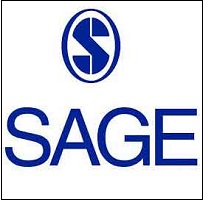Conclusion
In this article, a new trust evaluation scheme based on evidence theory is proposed. Our study achieved a better performance by focusing the issues as follows:
1. Determine the importance degree of each user features that each user cares about in making the decision to realize the individualization of trust evaluation.
2. Quantifying the risk of privacy leakage by information flow prediction to make the trust evaluation more comprehensive.
3. Use trust evidence to indicate the probability of trust, probability of distrust, and probability of ambiguity at the same time.
Compared with the existing methods, our proposed method achieves the highest accuracy and minimal error in the dataset Epinions. However, the weight part of User-Will does not contain the weight of trust evidence based on information flow risk, and the weight determination of this evidence will be our future work.







